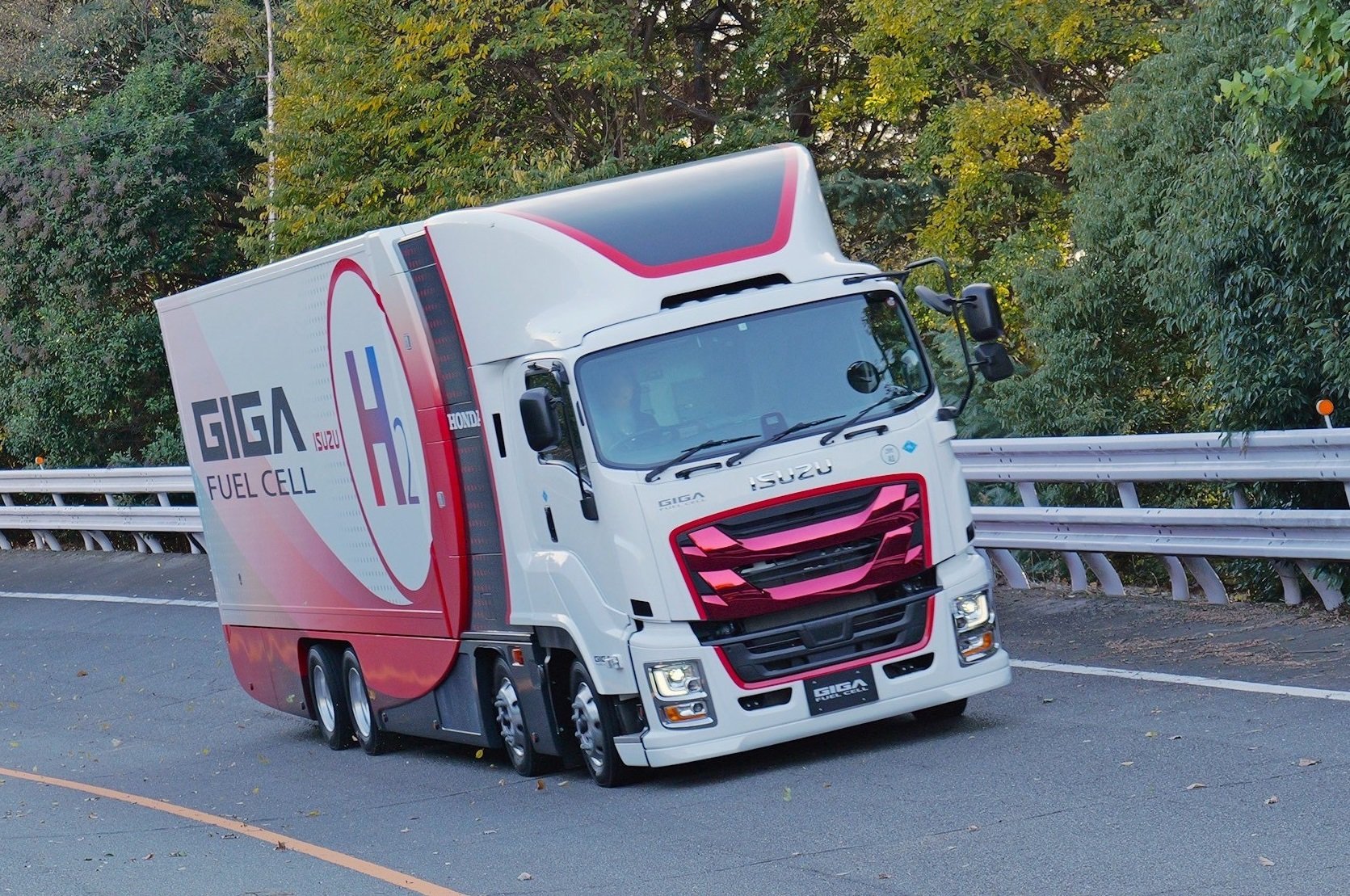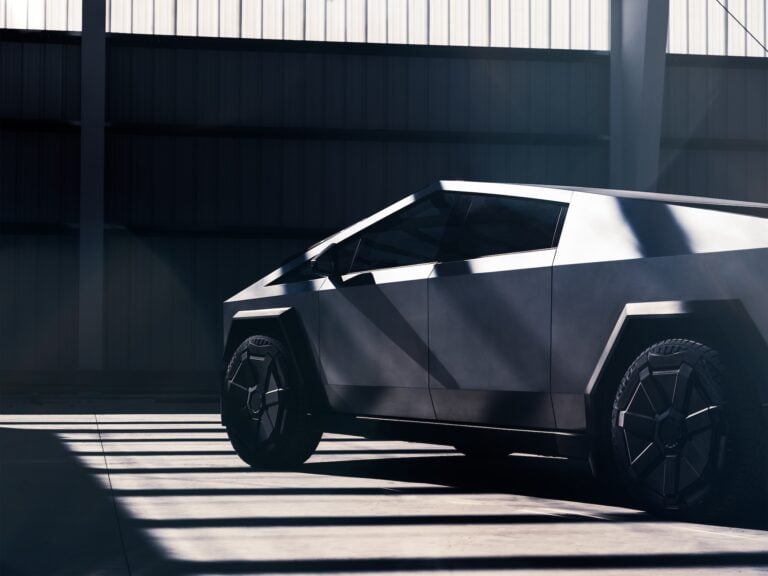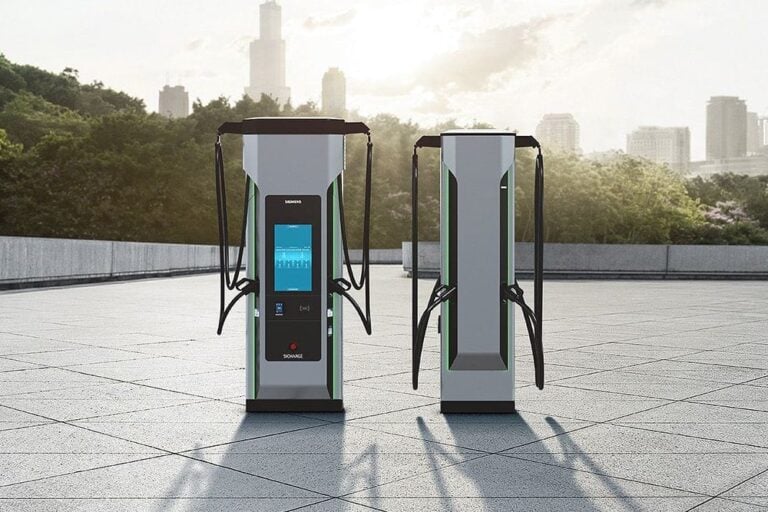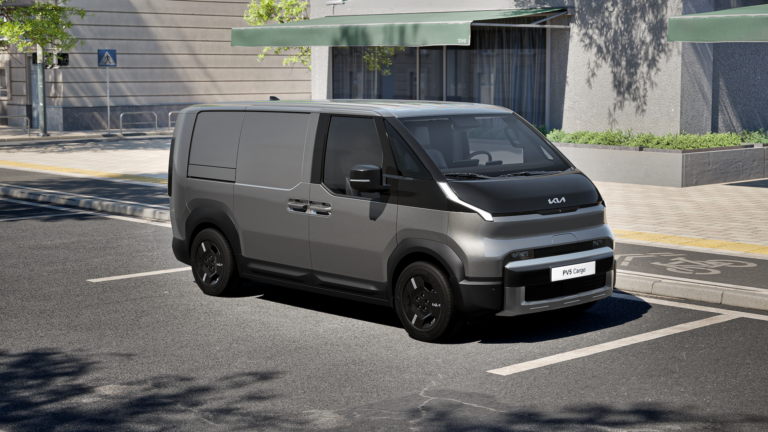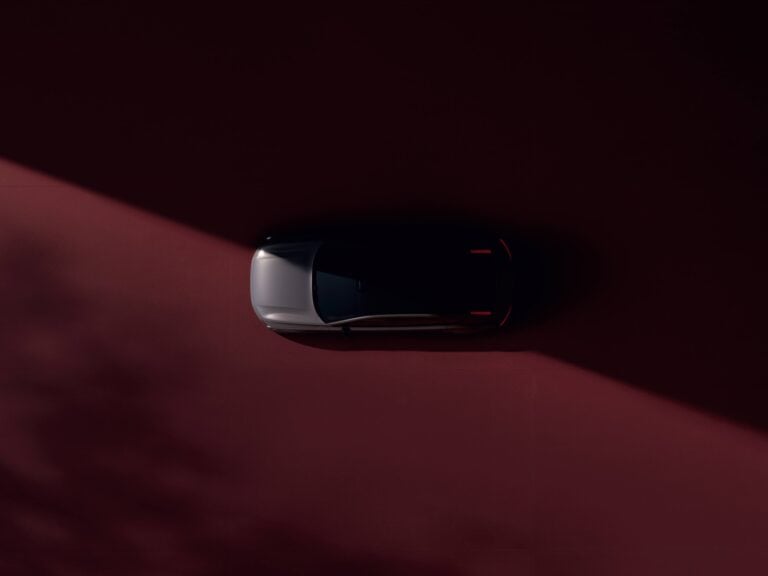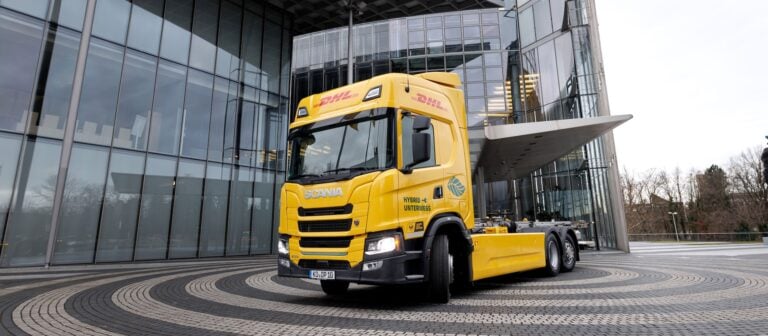Sign up for our popular daily email to catch all the latest EV news!
Honda is intensifying its hydrogen business operations, embracing a multifaceted approach to achieve global carbon neutrality by 2050. The initiation of mass production at the Fuel Cell System Manufacturing (FCSM) facility in Michigan marks a significant leap in hydrogen fuel cell technology. This facility, a joint venture with General Motors, symbolizes Honda’s commitment to environmental sustainability.
Jay Joseph, Vice President of American Honda Motor Co., Inc., asserts, “This is not simply a choice between battery electric or hydrogen fuel cell technology, but selecting the right energy source, in the right place, for the right purpose, to achieve carbon neutrality as quickly and efficiently as possible.” His statement underscores Honda’s strategic emphasis on a diversified approach to sustainability.
Advanced Honda Fuel Cell System: A Cornerstone of Strategy The new Honda fuel cell system, a product of a decade-long collaboration with GM, boasts enhanced performance, doubled durability, and a cost reduction of one-third. This system is pivotal to Honda’s broader hydrogen business strategy, encompassing fuel cell vehicles, commercial vehicles, stationary power stations, and construction machinery.
Triple Action to Zero Approach Honda’s “Triple Action to Zero” initiative encapsulates their comprehensive strategy, targeting carbon neutrality for all products and corporate activities by 2050. This includes resource circulation and the use of clean, renewable energy like electrification and hydrogen.
Honda Hydrogen Business Strategy Honda’s vision involves leveraging the “hydrogen circulation cycle,” starting from renewable energy to generate “green hydrogen.” This hydrogen, capable of indefinite storage, can be converted into zero-emission electricity for multiple applications, including backup power and energy transportation.
Diverse Applications and Expansion Plans Honda aims to expand its new fuel cell system’s applications beyond Fuel Cell Electric Vehicles (FCEVs) to stimulate hydrogen demand and aid in societal decarbonization. The company envisions an initial sale of 2,000 units per year, with a gradual increase.
FCEVs and Commercial Ventures An all-new CR-V FCEV is set to launch this year, the only such passenger vehicle made in America. Additionally, Honda collaborates with Isuzu Motors Limited on the GIGA FUEL CELL, a zero-emissions fuel cell-powered heavy-duty truck, and explores the use of fuel cells in construction equipment.
Stationary Fuel Cell Power Stations Honda’s demonstration testing of a stationary fuel cell power station in California marks its entry into commercial zero-emission backup power generation. Future units will incorporate the new Honda FC system, aiming for global application in Honda facilities and data centers.
Establishment of Hydrogen Ecosystems Honda actively participates in initiatives to build comprehensive hydrogen ecosystems, including hydrogen supply and supporting infrastructure. Collaborations in Japan and Europe are underway to enhance the hydrogen supply chain and vehicle utilization.
Outer Space Utilization Honda’s research extends into space, where hydrogen technologies could support sustainable extraterrestrial activities. In partnership with the Japan Aerospace Exploration Agency (JAXA), Honda is developing a “circulative renewable energy system” for space applications.
Honda’s strategy reflects a commitment to leveraging hydrogen technology in diverse sectors, from vehicles to space exploration, to achieve a carbon-neutral future.
Sign up for our popular daily email to catch all the latest EV news!

